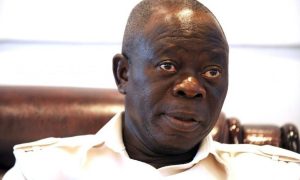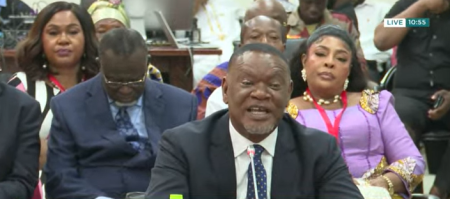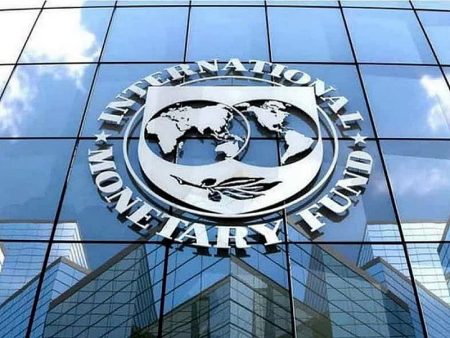The Minority Caucus in Ghana’s Parliament has vehemently denounced the government’s recent enactment of the Energy Sector Levies (Amendment) Act, 2025, commonly known as the “dumsor levy,” and demanded its immediate repeal. This levy, which imposes an additional GHS1 on every litre of fuel purchased, was ostensibly introduced to address the nation’s energy challenges and prevent a recurrence of the debilitating power outages, known as “dumsor,” that plagued the country in the past. However, the Minority Caucus argues that the levy is an ill-conceived and poorly timed measure that will exacerbate the economic hardships already faced by Ghanaians. Their call for repeal comes on the heels of the Ghana Revenue Authority’s (GRA) decision to suspend the levy’s implementation, originally scheduled for June 16th, citing the volatile fuel prices stemming from the ongoing Middle East crisis. The Minority views this suspension as an acknowledgement of the government’s flawed planning and inconsistent economic policies.
The Minority Caucus contends that the government’s decision to introduce the dumsor levy demonstrates a lack of foresight and sensitivity to the plight of ordinary Ghanaians. They argue that imposing an additional tax burden on fuel, a critical commodity that impacts various sectors of the economy, is counterproductive and will only further burden citizens struggling with rising living costs. The timing of the levy’s introduction, amidst a global energy crisis and escalating fuel prices, has further fueled public discontent and strengthened the Minority’s resolve to oppose the measure. The Caucus maintains that the government should have explored alternative solutions to address the energy sector challenges without resorting to regressive taxation that disproportionately affects vulnerable populations.
The Minority’s criticism is further intensified by the government’s justification for suspending the levy’s implementation. The government cited the Middle East crisis and its impact on global fuel prices as the reason for the postponement. However, the Minority points out the hypocrisy in this reasoning, highlighting that the current administration, while in opposition, had criticized the previous Akufo-Addo-led NPP government for attributing economic challenges to external factors such as the COVID-19 pandemic and the Russia-Ukraine war. They accuse the government of resorting to the same excuses they had previously condemned, demonstrating a lack of consistency and a failure to uphold the principles they espoused while in opposition.
The Minority Caucus argues that the previous NPP administration successfully managed the energy sector and prevented dumsor without resorting to such levies. They assert that the Akufo-Addo government’s approach, which focused on strategic partnerships and prudent fiscal management, proved effective in ensuring a stable power supply. Therefore, they dismiss the current government’s claim that the dumsor levy is essential for preventing power outages. They view the levy as an unnecessary burden on Ghanaians and a reflection of the government’s inadequate planning and mismanagement of the energy sector.
The Minority Caucus also takes issue with the government’s perceived attempt to shift blame for the current energy crisis onto the absence of the dumsor levy. They argue that stable electricity supply and financial relief for citizens are not mutually exclusive goals and that the government should prioritize both. They believe that effective governance requires finding solutions that address both energy needs and the economic well-being of the population without resorting to punitive measures that exacerbate hardship.
In conclusion, the Minority Caucus in Ghana’s Parliament has strongly condemned the introduction of the dumsor levy and called for its immediate repeal. They view the levy as a poorly conceived and ill-timed measure that will further burden Ghanaians already struggling with economic hardship. The GRA’s decision to suspend the levy, while welcomed, is seen as an admission of the government’s flawed planning and inconsistent economic policies. The Minority maintains that the previous NPP administration effectively managed the energy sector without resorting to such levies and dismisses the current government’s justification for the levy as hypocritical and lacking in foresight. They have vowed to oppose the levy and demand that the government prioritize solutions that address both energy needs and the economic well-being of Ghanaians. They have urged the government to convene Parliament urgently to repeal the legislation, warning that anything short of complete repeal will be rejected by both the Minority and the people of Ghana.














